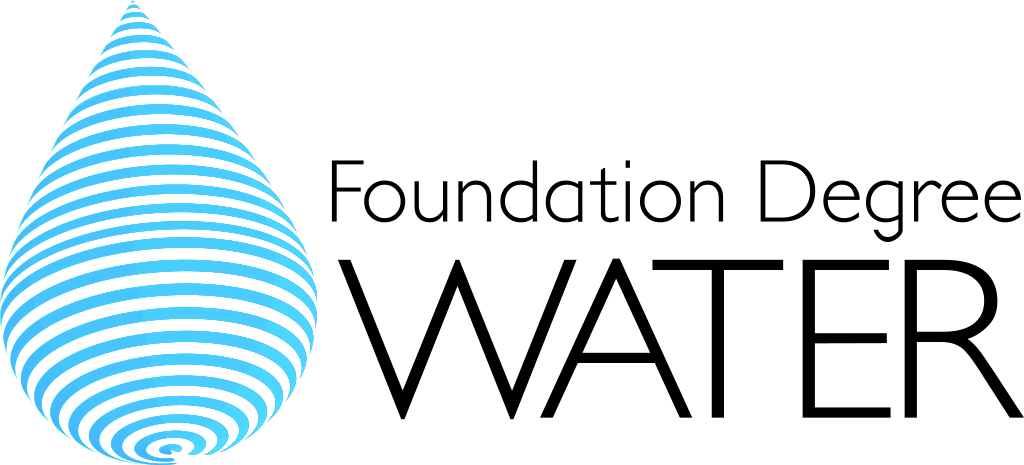As Ofwat quite rightly states, “what customers want is confidence that clean, safe drinking water will be reliably available and that they can rely on their wastewater being taken away.”
Each water company will have planned their own Risk and Resilience responses broadly based on Ofwat’s model of operational, corporate, and financial resilience. But you can rest assured, whatever your company’s resilience themes and strategy model may look like, your people will be key to driving the cogs in that model.

Today, more than ever, the water industry is being challenged to navigate a rapidly changing risk environment. This includes widening skills gaps, increasing technological complexity, natural disasters, climate change, changing markets, volatile economy, changing customer expectations and increasing environmental vulnerability.
This can give rise to uncertainty and new threats which run the risk of outpacing an organisation’s ability to manage them. Therefore, investing in developing the ability to manage emergent risks and to adapt in an uncertain operational environment is becoming increasingly critical to organisations’ performance and growth.
More organisations are recognising the imperative of actively developing managers and leaders who know how to take responsibility for planning and developing courses of action, including, where relevant, responsibility for the work of others and how to exercise autonomy and judgement. These companies look to develop and encourage strategic thinking at this level of management to foster business improvement and do so in a way which provides demonstrable evidence of organisational competence for Regulators and other Stakeholders.
So, how do you embed a resilience mindset in your teams?
Key to success in this environment is managers who recognise what Risk and Resilience look like in this changing world and are equipped with the skills to enable themselves and their teams to recognise, react and respond to it.
So, if you asked frontline managers and team leaders in your company what resilience meant, would you get a consistent answer? Companies will be challenging themselves with this question on an ongoing basis, and to get that answer there will be a series of deeper questions that they will most likely be addressing. These will include:
Do we have the right leadership and encourage the right culture?
Resilient organisations are known to encourage strong leaders throughout their hierarchy. Leaders equipped to provide good decision making before, during and after adverse times. Team members will have, and use, appropriate devolved authority to make decisions in their area of expertise to enable timely, and if needed rapid, responses.
How do we ensure our employees are engaged?
Keeping employees engaged and involved will assist with their understanding of the link between their own contributions, their organisation’s resilience, and its long-term success. As will ensuring employees feel empowered to use their skills to solve problems.
Are our Networks and Partner Relationships Strong?
Are internal and external relationships continuingly fostered and developed so we understand the puts and takes plus the drivers, so we can generate leverage when needed?
Do we actively prepare and encourage the leverage of knowledge?
For example, do we actively ensure knowledge is captured and shared effectively? Is there a strong focus on ensuring critical information is always available? Is an openness to learning, and drawing on internal and external expertise and lessons learnt actively encouraged?
Do we still operate primarily in functional silos?
Functional silos will often manifest as communication barriers and create disjointed, disconnected and detrimental ways of working. How do we actively ensuring the minimisation of divisive aspects of social, cultural and behavioural silos that put resilience itself at risk?
Do we have a unity of purpose?
Do we foster a broad understanding and evaluation of our plans, strategies and capabilities to manage vulnerabilities? Do we encourage participation of both leadership and employees in simulations or scenarios designed to practice response strategies and validate plans and capabilities?
So, what next?
Establishing the answers to these, and other Risk and Resilience themed questions, starts with developing a consistency of understanding amongst members of your teams. They should understand how Risk and Resilience works in modern water and environmental management companies as well as the drivers, constraints, opportunities, and interdependencies. Engendering a detailed understanding of your company’s current Risk and Resilience strategies, and how they as managers manage and influence those strategies going forward, is critical for success. Our Level 5 courses in Managing Risk and Resilience will provide that bedrock starting point in your company. It will develop individual’s technical skills and provide a comprehensive understanding of the Management of Risk & Resilience that lead to improvements in knowledge and therefore performance. Learn more here.


